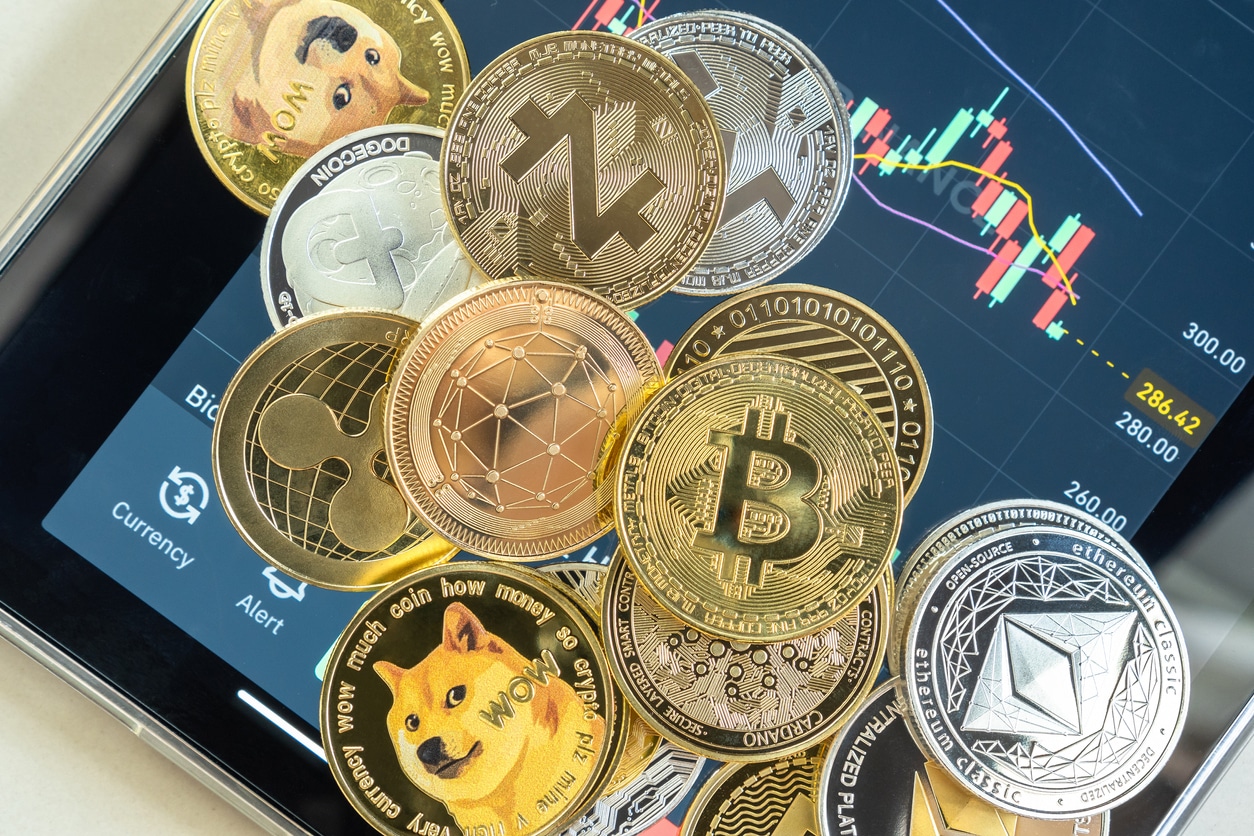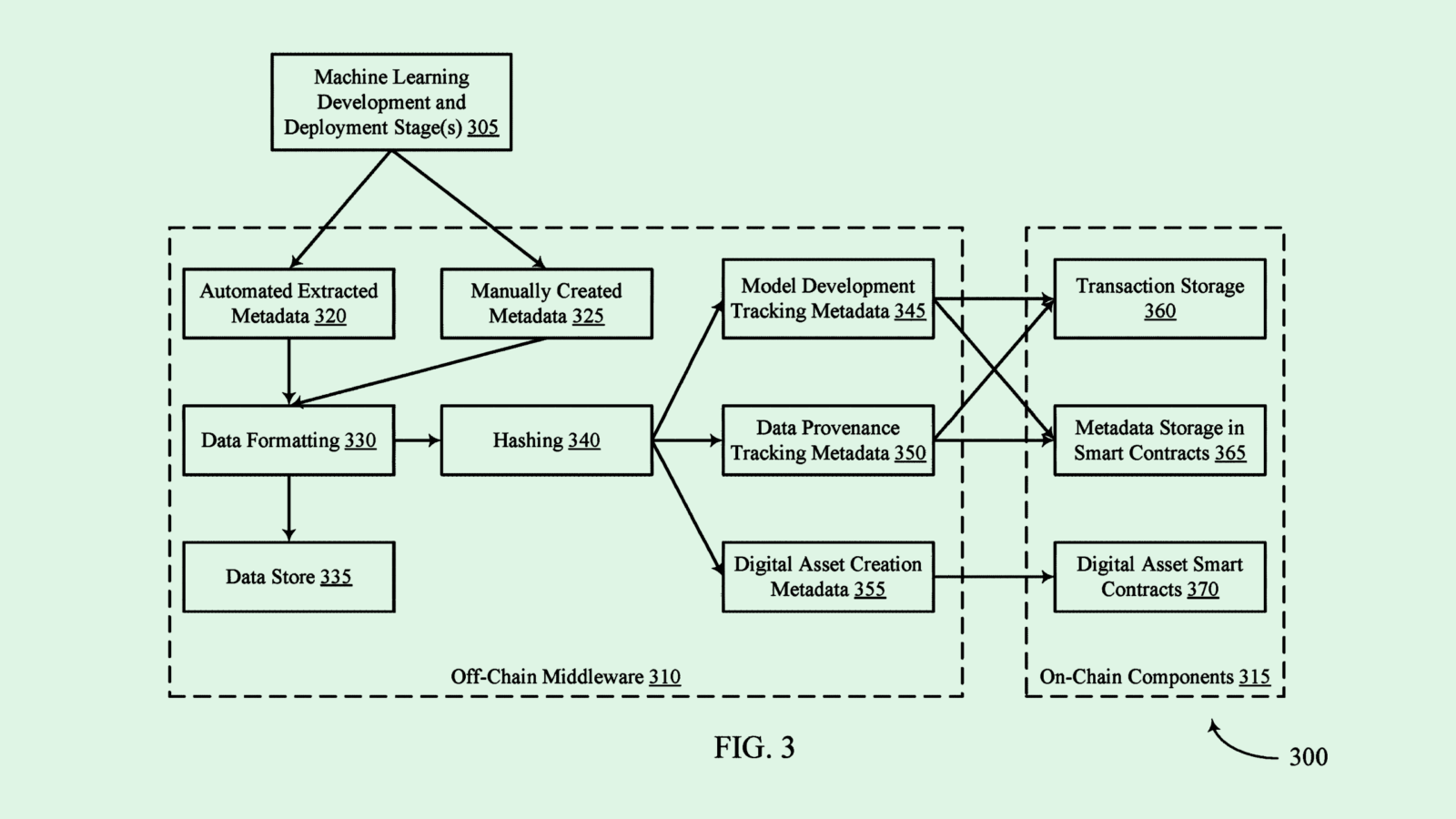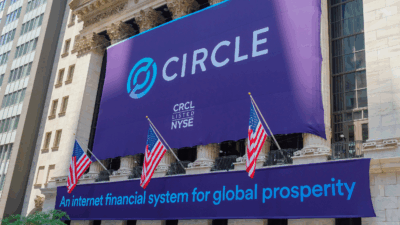The Amount of Illicit Crypto Activity is Actually Miniscule, Says New Research

Sign up for smart news, insights, and analysis on the biggest financial stories of the day.
Here’s a lesson in being way, way, way, way, way, way off the mark. Last year, testifying before the Senate, US Treasury Secretary Janet Yellen suggested cryptocurrency transactions were used “mainly for illicit financing.”
But according to new research released Thursday, the amount of crypto transactions involving illicit activity isn’t just tiny, it’s practically microscopic — only 0.15% of all crypto transactions in 2021 were tied to activities like cybercrime, money laundering and terrorist financing, a way lower percentage than fiat currency.
Crypto Conundrum
There’s no question that crypto use went through the roof last year — there were $15.8 trillion in crypto transactions carried out, compared to $2.4 trillion in 2020. There were also a handful of high profile legal cases involving crypto — the Commodity Futures Trading Commission filed charges against several investment scams, the FBI took down the REvil ransomware gang that demanded crypto payments from its victims, and the Office of Foreign Assets Control sanctioned two Russian cryptocurrency services, Suex and Chatex, for ties to money laundering. That’s led to politicians and regulators to call for stricter rules to govern the emerging financial instruments powered by the blockchain.
But the study by data firm Chainalysis concluded those high profile cases represent a declining share of all activity, one that was already very small to begin with:
- Since 2017, the share of crypto transactions involving illicit activity has fallen from 1.4% to 0.15%, suggesting crime has progressively decreased in the crypto economy (the one exception was 2019, when the $2 billion PlusToken Ponzi scheme in China created an outlier year).
- The total volume of cryptocurrency-based crime hit a raw numerical high of $14 billion in 2021, up from $7.8 billion in 2020, but the growth of legitimate usage is leaving it in the dust.
How About Regular Money?: Pitted against traditional cash, crypto transactions look like a virtual moral compass. The United Nations estimates that every year 2% to 5% of global GDP ($1.6 to $4 trillion) is tied to money laundering and illicit activity.











